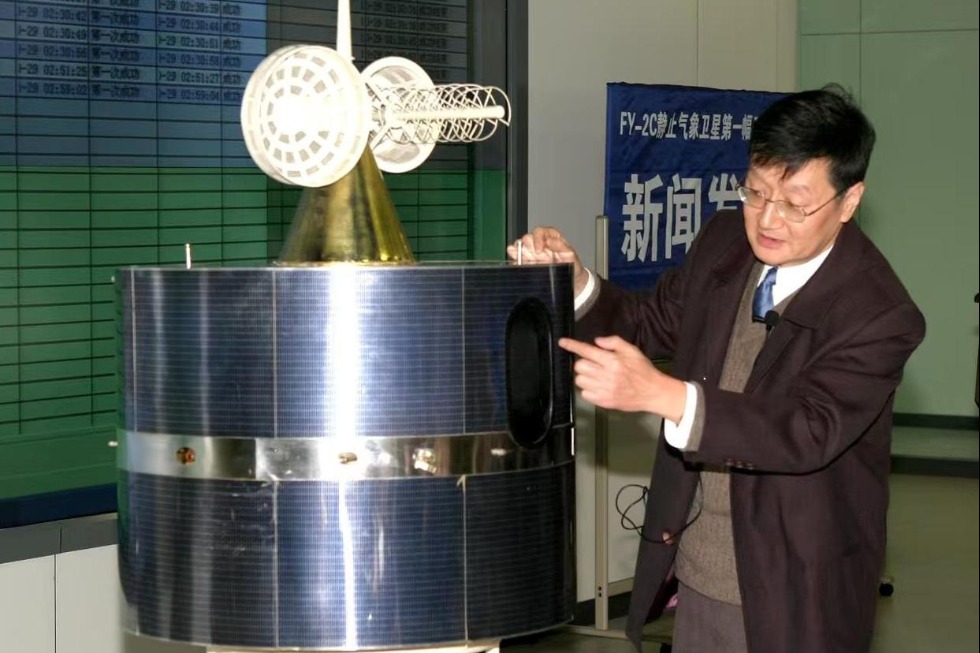Nighttime artificial lighting linked to depression

A new study has revealed that chronic exposure to artificial light at night can trigger depression-like behaviors by activating a specific neural pathway in the brain.
The study, conducted on tree shrews — diurnal mammals genetically close to primates, offers critical insights into how nighttime light may disrupt mood regulation. It has been published in the journal Proceedings of the National Academy of Sciences.
The research team, led by researchers from the University of Science and Technology of China, the Kunming Institute of Zoology of the Chinese Academy of Sciences, and the Hefei University of Technology, exposed tree shrews to blue light for two hours each night for three weeks. Following this exposure, the animals exhibited clear depression-like symptoms, including a 20-percent reduction in sucrose preference, diminished exploratory behavior and deficits in long-term memory.
Using advanced neural tracing techniques, the researchers identified a previously uncharted visual circuit. Specialized retinal ganglion cells were found to send signals directly to the perihabenular nucleus, or pHb, which in turn projects to the nucleus accumbens — a key center in the brain for mood regulation.
Notably, when the pHb neurons were chemically silenced, the tree shrews no longer developed depression-like behaviors in response to light exposure at night. Further analysis through RNA sequencing revealed that these changes corresponded to altered activity in depression-related genes, suggesting potential long-term effects.
As light pollution and screen exposure become more pervasive in modern life, this study raises important questions about the impact of artificial illumination on psychological wellbeing and the implications for modern lifestyles.
"These findings give us both a warning and a roadmap," said Yao Yonggang, a professor at the KIZ. "The same light that enables our nighttime productivity may be subtly reshaping brain circuits underlying mood — but now we know where to look for solutions."
The discovery opens new avenues for targeted interventions that could mitigate the psychological impacts of artificial light while preserving its societal benefits, the study revealed.
Xinhua





































